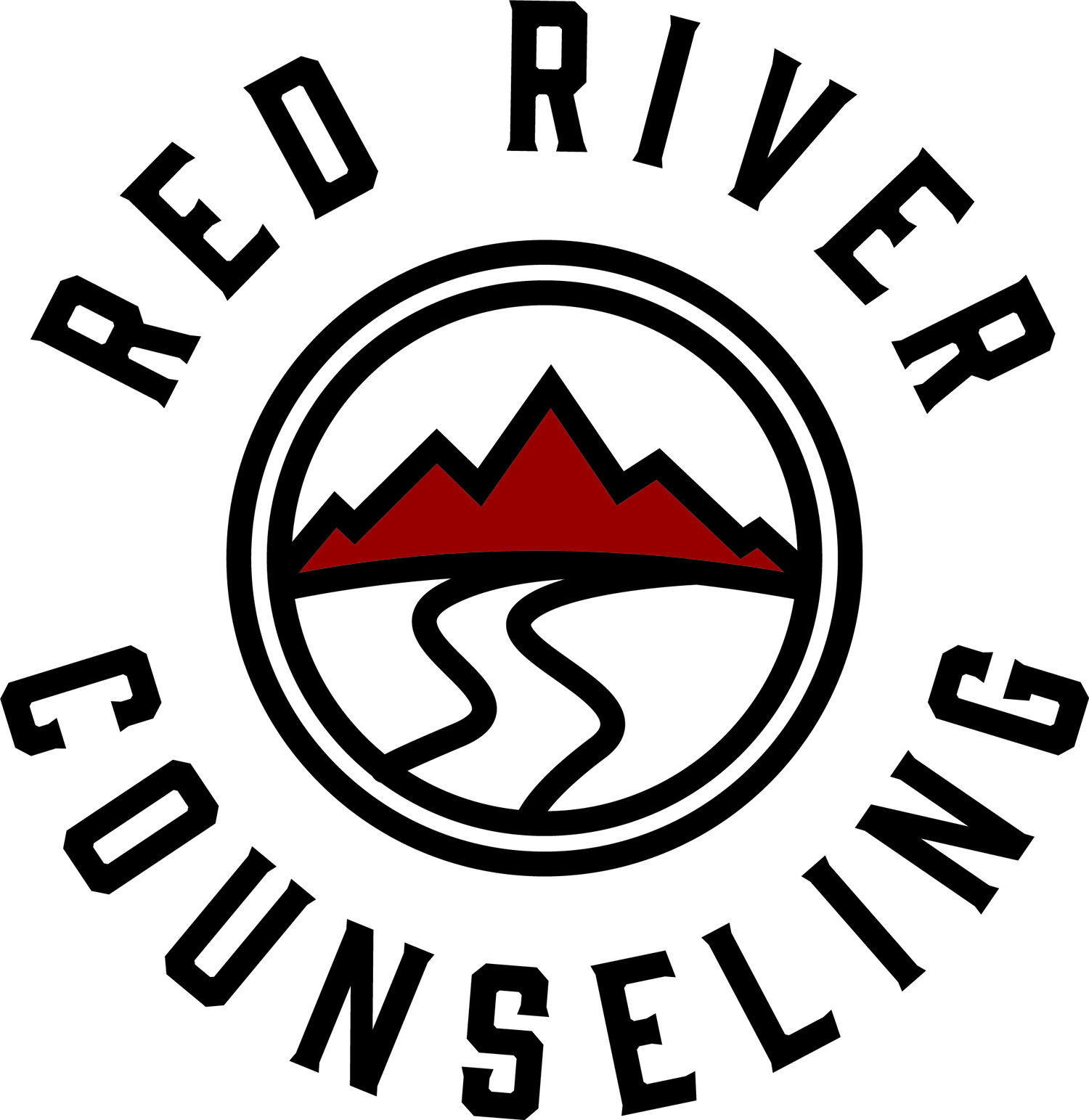Creed III: Misplaced Guilt
/We can’t choose no pain, we’re always choosing one kind of pain over another.
Misplaced guilt is no exception.
Creed III does an exceptional job at showing us how past trauma can show up in our present. You can’t outrun it, hide from it, pretend it away, or achieve your way out of it…at some point, you’ll have to face it.
Some try to over-achieve their pain and take the way of grandiosity, trying to fly over the hurt by doing enough good, as was the way of Adonis Creed, but eventually, they fall back to earth. Others try to dig underneath their pain and feed themselves on the roots of resentment and vengeance, as did Damian Anderson, but in time, they become suffocated in the hole they’ve dug for themselves. Others try to bypass their pain, or go around it, altogether neglecting to recognize it for what it is, which seemed to be the temptation for Bianca Taylor. At some point, however, we are all given the chance to face our pain, own it, and move through it- which is where we find healing for it.
This movie portrays a particular kind of pain - misplaced guilt.
Misplaced guilt is that nagging obligation we feel to take ownership for something that is not ours. This often happens to kids who grow up in volatile and chaotic families. These kids need the adults to step up and take responsibility, but when they fail to do so, that responsibility inevitably falls off of the adult to where the kids tend to pick it up. But how can a kid hold the responsibility of an adult? They can’t. And therein lies the dilemma. The kid now feels like a failure for their inability to do something they simply cannot do. The guilt has been misplaced and is therefore unable to be reckoned with.
In this story, we see how a foster dad’s unwillingness to deal with his own pain was handed off to two of the young boys under his care, Adonis and Damian. The trauma we do not transform, we transmit; and in this case, the violent pain Leon carried was transmitted straight into those two kids. They tried to give it back to him, but couldn’t. You can’t transform pain by creating more pain, and we see how those two boys grew into two men who were plagued by their hurt, constantly trying to keep it at bay so that they wouldn’t pass it on to others.
If you’ve seen the movie, you know where the pain is relieved. Throughout most of the movie, you probably anticipated the moment that those men would utter the words to each other. Something akin to, ‘It’s not your fault’. The misplaced guilt they had been carrying for decades was dropped, which was the real moment that Damian looked ‘a lot lighter’ and was finally free.
If you, like Adonis and Damian, carry around guilt for something that you didn’t cause but can’t seem to shake, you’ll need to square up with it as they did. See it for what it is. Name it out loud with a trustworthy person as Adonis did with Bianca. You’ll only find relief through letting it go, which is much easier to say than do. In my own experience, the wrestling that this requires takes a lot of energy and time. More often than not, the person who gave you responsibility for their guilt and pain won’t be willing to take ownership of it, as we saw with Leon and Adonis. But the good news is: you don’t need the offender’s help or permission to let it go.
You just have to be brave enough to face it, name it, and release it.
If you feel stuck at this point, not knowing what to do next, here are some things I’ve found to be helpful for folks in my counseling practice.
-Write down the story of what happened. Then write down what was yours and what wasn’t. Who does the guilt belong to?
-Write a letter to the person whose guilt you are carrying. But I advise you not to send it just yet. Work through it with a counselor first.
-Physically release the guilt by writing it on a heavy object and burying it, throwing it in a lake, or getting rid of it some way else.
-Work with a counselor of good repute and let them know you’d like to work through this nagging misplaced guilt you carry.

